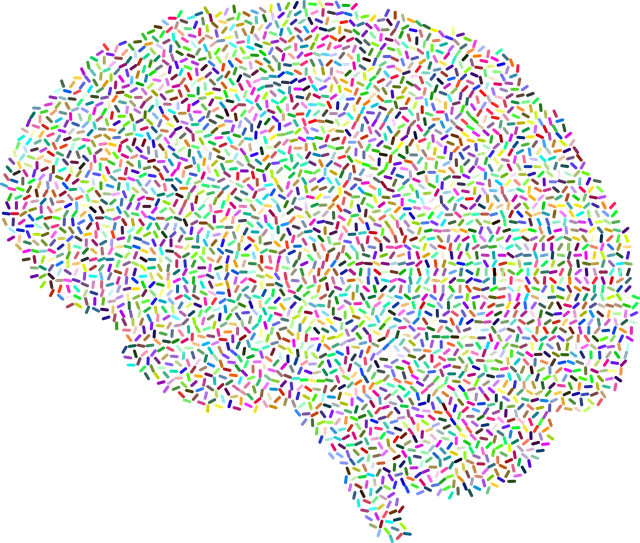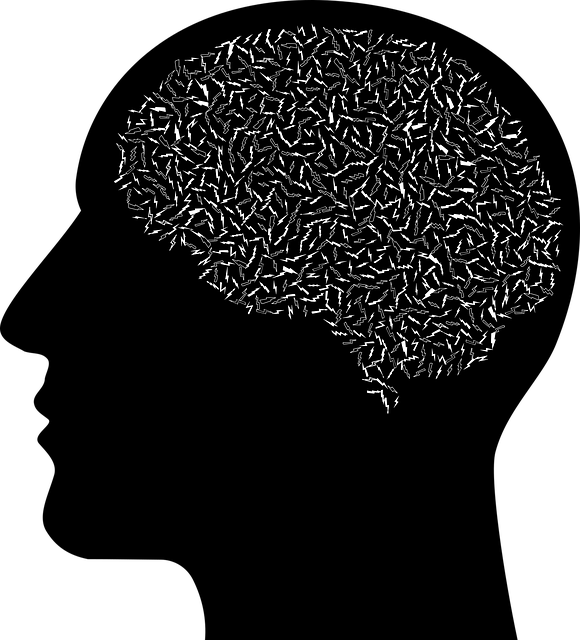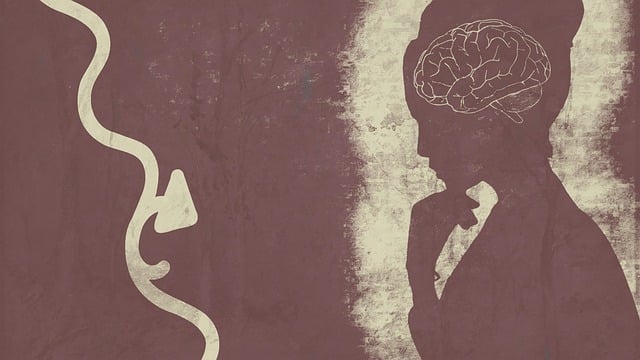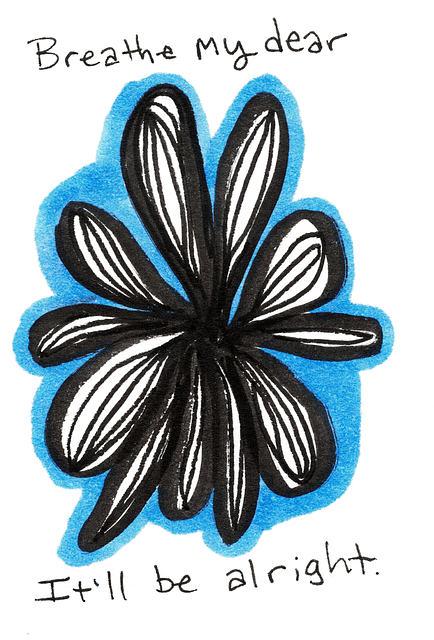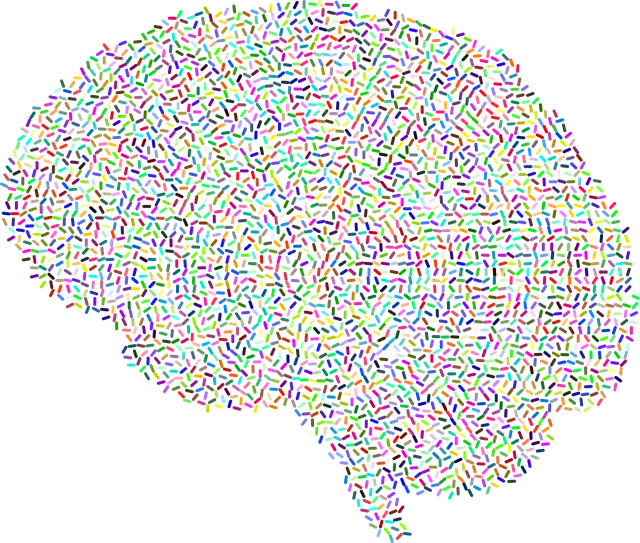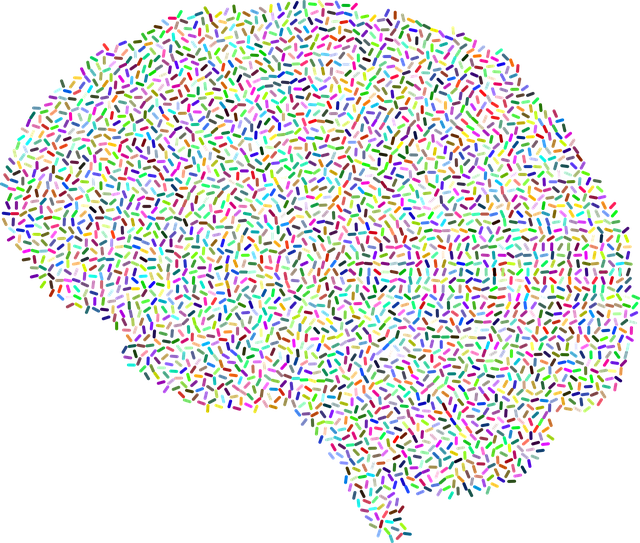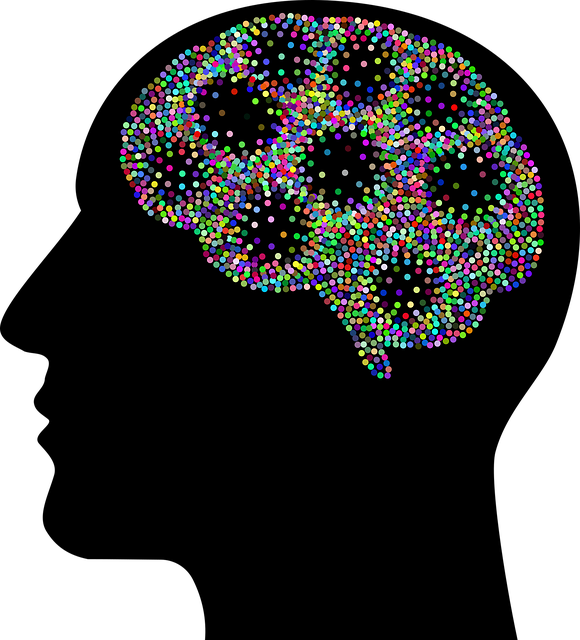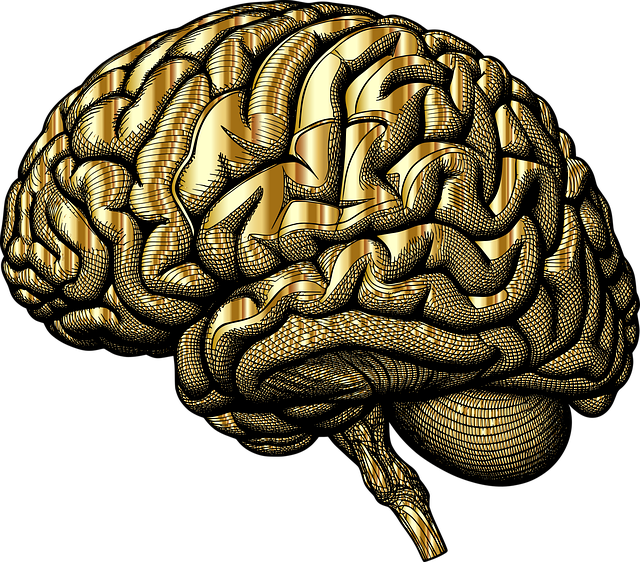Aurora Anxiety Therapy offers a unique, holistic approach to managing anxiety by addressing an often-neglected aspect: social skills. They recognize that social interactions can trigger or exacerbate anxiety, so their specialized programs empower individuals to navigate these situations with confidence. Through tailored training, role-playing, and group support, clients learn effective communication strategies, interpret non-verbal cues, and build connections, reducing anxiety triggers. This comprehensive method combines cultural competency, crisis intervention, and journaling exercises to foster better social interactions, enhance emotional healing, and improve overall mental wellness, making Aurora Anxiety Therapy a leading provider in specialized care.
Social skills training is a powerful tool for managing mental health conditions, especially anxiety. This comprehensive guide explores the intricate connection between social interactions and mental well-being, delving into specific challenges faced by those with anxiety disorders. We highlight the transformative role of Aurora Anxiety Therapy in enhancing social skills through evidence-based techniques. Additionally, practical strategies and group support networks are discussed to foster communication, connection, and resilience for a healthier, more fulfilling life.
- Understanding the Link Between Social Skills and Mental Health
- Identifying Challenges in Social Interactions for Individuals with Anxiety
- The Role of Aurora Anxiety Therapy in Enhancing Social Skills
- Practical Strategies for Improving Communication and Connection
- Building Resilience through Group Support and Practice
Understanding the Link Between Social Skills and Mental Health

The connection between social skills and mental health is a significant aspect often overlooked in traditional therapy approaches. At Aurora Anxiety Therapy, we recognize that effective anxiety treatment involves more than just managing symptoms; it includes fostering healthy relationships and improving communication abilities. Mental health conditions like anxiety can isolate individuals, leading to a cycle of withdrawal and increased distress. By addressing social skills, therapists can empower individuals to navigate interpersonal interactions with confidence, reducing anxiety triggers associated with social situations.
Social skills training focuses on teaching practical strategies for engaging in meaningful conversations, interpreting non-verbal cues, and building connections. This approach complements existing mental health education programs design and mindfulness meditation techniques, enabling clients to participate more actively in therapeutic processes. Emotional healing processes become more effective when individuals feel supported and understood in social settings, fostering a sense of belonging and improving overall well-being.
Identifying Challenges in Social Interactions for Individuals with Anxiety

For individuals dealing with anxiety disorders, navigating social interactions can be a significant challenge. Anxiety often manifests as a fear of judgment or uncertainty about how others perceive them, leading to avoidance behaviors in social settings. This internalized distress can make even casual conversations feel overwhelming, impacting daily life and relationships. The symptoms of anxiety, such as rapid heartbeat, sweating, or panic attacks, may also contribute to feelings of embarrassment or self-consciousness during social engagements, further exacerbating the struggle to connect with others.
Aurora Anxiety Therapy emphasizes the importance of identifying these specific challenges in order to develop effective coping mechanisms. Empathy Building Strategies, for instance, can help individuals feel understood and supported, fostering a sense of belonging. Healthcare Provider Cultural Competency Training ensures that support systems are equipped to handle the unique needs of those with anxiety, while Compassion Cultivation Practices encourage both the individual and their network to cultivate kindness and patience, creating a more nurturing environment for social interactions.
The Role of Aurora Anxiety Therapy in Enhancing Social Skills

Aurora Anxiety Therapy plays a pivotal role in enhancing social skills for individuals navigating mental health conditions. Through specialized programs and tailored interventions, this innovative healthcare provider offers a unique approach to addressing the often-overlooked social aspect of mental wellness. Many mental health struggles can lead to social isolation, anxiety in social situations, or difficulty building and maintaining relationships. Aurora Anxiety Therapy recognizes these challenges and provides safe spaces for individuals to practice and develop essential social skills.
Their expert therapists employ evidence-based techniques combined with cultural competency training to cater to diverse client needs. This includes crisis intervention guidance and personalized support to help individuals manage anxiety and build confidence in social interactions. Additionally, they offer valuable resources like Mental Wellness Journaling Exercise Guidance, encouraging clients to track their progress and develop self-awareness. By integrating these therapeutic tools and strategies, Aurora Anxiety Therapy equips individuals with the skills necessary to engage more comfortably and effectively in social settings, fostering better connections and improved mental health outcomes.
Practical Strategies for Improving Communication and Connection

Social skills training is a powerful tool for individuals navigating mental health conditions, offering practical strategies to improve communication and foster connections. At Aurora Anxiety Therapy, we recognize that effective social interactions can significantly impact one’s overall well-being and recovery journey. Through structured programs and supportive environments, clients learn essential coping mechanisms tailored to their unique needs.
The process often involves role-playing scenarios, group discussions, and feedback sessions designed to enhance active listening, assertiveness, and empathy. By participating in these activities, individuals gain confidence in expressing their thoughts and emotions while also developing a deeper understanding of others’ perspectives. Such skills are invaluable for managing stress and anxiety, especially in social settings, as highlighted by successful Stress Management Workshops Organization initiatives. Additionally, Trauma Support Services play a crucial role in preparing individuals to navigate interpersonal interactions safely, fostering resilience and healthy relationships.
Building Resilience through Group Support and Practice

In a supportive group setting, individuals with mental health conditions can build resilience through shared experiences and practices like those offered by Aurora Anxiety Therapy. Group support provides a safe space to practice social skills, fostering connections that enhance well-being. Members learn to navigate conversations, offer empathy, and receive it in return, all while developing coping strategies for stress and anxiety. This collaborative environment encourages the exchange of compassion cultivation practices and self-care routine development, empowering participants to better manage their mental health in daily life.
The group dynamic allows individuals to witness and engage in healthy interactions, reinforcing positive behaviors. Through role-playing scenarios and group discussions facilitated by professionals, members gain practical tools for stress management workshops organization. By internalizing these skills, they can navigate social situations with greater ease and confidence, ultimately strengthening their mental health resilience.
Social skills training is a powerful tool for managing mental health conditions, particularly anxiety. By understanding the connection between social skills and mental well-being, individuals can learn to navigate social interactions with greater confidence. Techniques like those offered by Aurora Anxiety Therapy play a vital role in enhancing communication and fostering connections. Combined with practical strategies and group support, these methods enable people to build resilience and improve their overall mental health.
